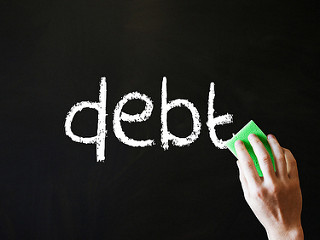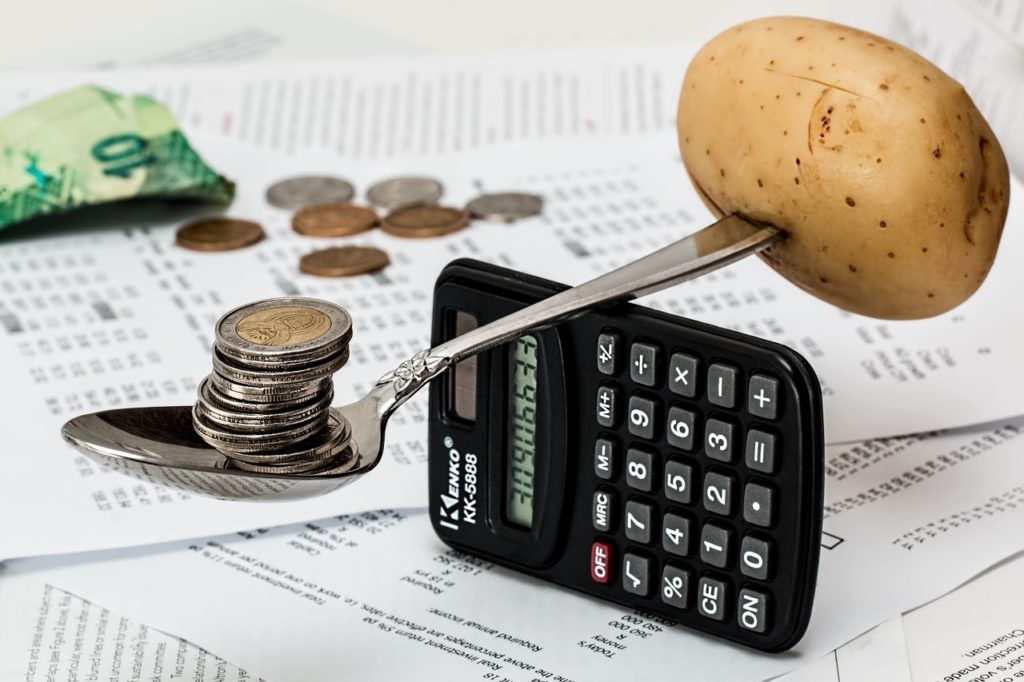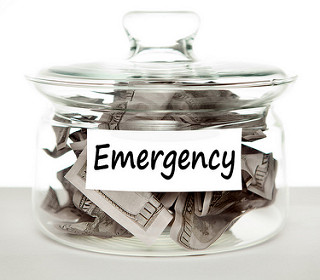Getting Back On Your Feet After Debt

Whether you’ve been unfortunate or misguided, getting your life back on track after significant debt can be a struggle. Since the financial crash in the late 2000s, the number of people in tricky financial situations is not insignificant. But people are starting to get on top of their debt and come out the other side. The hard work doesn’t stop once the debt is repaid, though. Entirely new spending habits need to be built, savings need to be made, and credit scores need to be remedied. Getting out of debt is the hardest part, but the work has only just begun. So, if debt was a feature of your past, or someone close to you, and you’re just starting to get back on your feet, here are a few ways you can guarantee yourself a more financial future from the off.
Learn from past mistakes
Whatever the reason for the debt you incurred previously, it’s important to understand how your finances were able to get to that stage. This understanding is the key to moving forwards. Being able to successfully reflect on previous decisions, and understand how those actions resulted in the situation you found yourself in, is the key to avoiding a repeat of history. It’s not easy to do, especially if it was the result of an addiction or recklessness. You may even find that some time with a therapist who deals with addiction and compulsive spending could help you to better come to terms with these previous behaviours. If your debt came from being the master of avoidance tactics, and seeing red letters pile up on the doormat just pushed you further and further into your shell of denial, it could also be worth speaking to a behavioural therapist. They will help you to develop strategies for dealing with these sorts of situations as they arise in future, rather than allowing them to spiral out of control. But once you understand them, and you’re able to see the causes of your mistakes, you’re in a far stronger position to avoid them.

Budget budget budget
The key to all financial security, whether it’s for an individual, a family, or an institution, is a comprehensive budget. Keeping a budget allows you to keep an eye on expenditure, see where you’re overspending, and ensure that you have the income to support your outgoings. Starting your budget is really straight forward. Sit down with a pen and paper, or Microsoft Excel, and write down your monthly income. In a separate column, list your outgoings. Be sure to include mortgage or rent payments, insurance, utility bills, groceries, transport or car costs, and even any luxury purchases you make. Do your outgoings add up or exceed your incomings? Now take out anything unnecessary from your outgoings, listing only the necessary payments you make, and calculate the difference between your necessary outgoings and your income. This difference is gold dust. This is where all of your savings and luxuries come from, in whatever proportion you decide. But the key thing to realise here is that all of your outgoings must, when combined, come to a smaller amount than your total income after tax. If it doesn’t, you may want to consider having a reshuffle – moving to a property with lower rent, remortgaging your home, or cutting down your utilities or transportation cost. When your cost of living exceeds your income, you’re back on a path to debt.
Rebuild your credit score
Chances are, your credit score took a bit of a hit during your period of debt, which might well put you on the back foot if you want to take out any loans or a mortgage. This isn’t the end of the story though. Your credit score is forever changing, so even when it’s bad, there is a chance for you to rebuild it. There’s no quick fix, though. All of these websites claiming to help you to rebuild your score overnight probably aren’t the way to go. The most foolproof way is to, slowly but surely, prove you’re reliable. Always pay bills on time, repay loans and pay off credit card debt as soon as you can. If you have to use a credit card, be sure to use a secured credit card with a low limit to avoid overspending and then being unable to pay it off. The key to rebuilding your credit score is to avoid creating more debt, and keep everything paid off.

Create your emergency fund
Sometimes, things might go wrong, so having an emergency fund to fall back on is essential. If you’re not in a position to save for this fund just yet, a digital loan paid off as quickly as possible works perfectly. But you’ll sleep better at night knowing that you have a pool of money to access immediately if anything comes up. So if your car breaks, you need to pay vet bills, or you need to buy a new boiler, you’re not hunting around for the cash. So set up a standing order to leave your account every month, right after payday, to go into a savings account, for as much as you can afford. Between £1000 and £3000 is perfect, but build it up as slowly as you feel comfortable. Make separate savings for holidays and nice things – you don’t want to go on the holiday of a lifetime, only to find yourself short on savings when you need them.
Look to the future
They key thing to remember is to always look forward. Yes, you may have had some dreadful habits, and they may have landed you in a sticky situation in the past, but it’s time to move on, create healthy habits, and learn from those mistakes. Coming to terms with debt can be emotionally very difficult, and many people find that speakings to a mental health professional can really help to understand those habits, but their main point will always be the same: look to the future, not the past.
